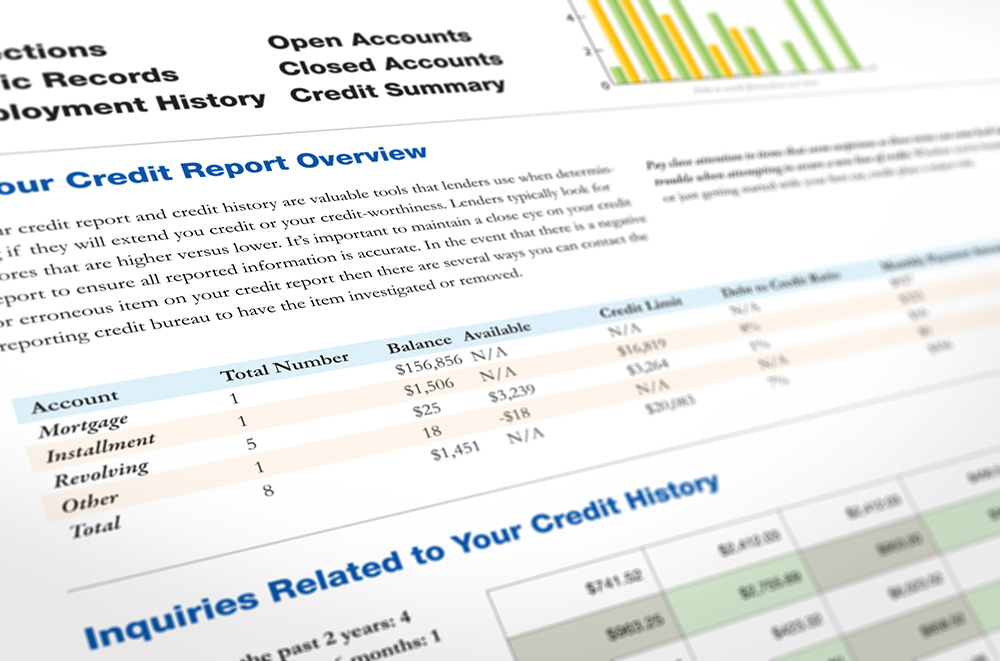If you are concerned about identity theft, data breaches, or someone gaining access to your credit report without your permission, you might be considering taking action. But which action should you take? Do you need to put a credit lock on your credit report or request a credit freeze?
What’s the difference between the two?
A credit freeze makes it more difficult for new credit accounts to be opened. It will last until you temporarily or permanently lift the freeze. A credit lock will also limit access to your credit file so no one, including you, can open new accounts until you unlock your credit file. It lasts only as long as you have an ongoing lock agreement with each of the credit reporting agencies. In some cases, that means paying monthly fees to maintain the service.
Which one is right for you?
Both credit freezes and credit locks are available without affecting your credit score. When you place a credit freeze, the credit bureau will issue you a personal identification number (PIN), and you will have to provide that PIN to lift a freeze before opening a new account. Once you contact the credit bureau to lift the freeze, it can take up to one hour before the freeze is lifted. Freezes are generally best for people who are not planning to take out new credit (e.g., older adults, people under guardianship and children). With a credit lock, you have the convenience of mobile apps with TouchID and facial recognition (depending on the app) as well as faster results for access to your credit report.
To learn more about credit freeze versus credit lock, visit www.consumer.ftc.gov.
HealthNet Federal Credit Union has proudly served Baptist Memorial Health Care employees and the health care community throughout the Mid-South for more than 60 years.
For information about the credit union, please call 901-226-1111 or visit www.healthnetfcu.org.






